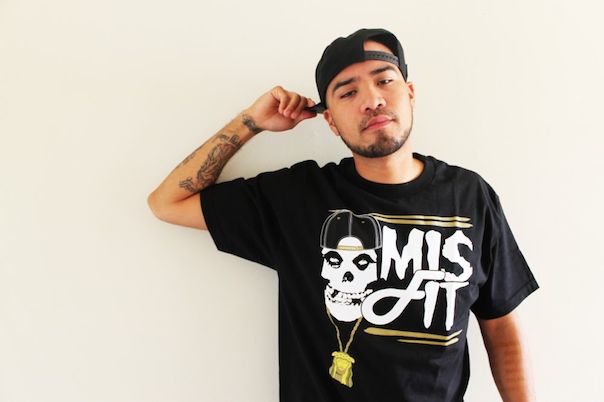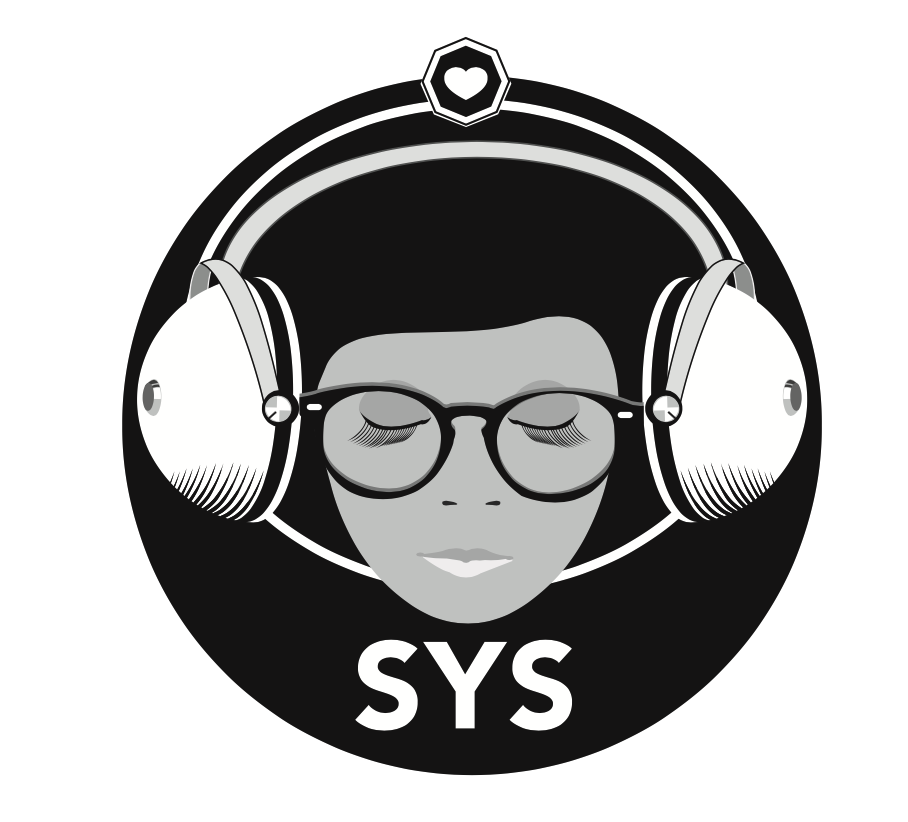Evoking Social Change Into Mainstream Hip Hop With MC Timothy Rhyme

It’s always refreshing to discover artists who are passionate about not only spreading high-quality music, but also a message that connects people from all walks of life. LA-based MC Timothy Rhyme does just that. He’s on the rise to bring social changes that have always been prevalent in underground hip hop, to a platform that reaches a wider audience into mainstream music. He encourages humility, compassion and vulnerability, highlighting that no matter what reality we live in, everyone has the ability to overcome personal struggles. And what better way is there to overcome these realities than a dope baseline and some hard-hitting honest lyrics?
We chat to Timothy about his latest project ‘Comeback Of The Century,’ the importance of being vulnerable, and the influence that hip hop can have on social change. Ayla Dhyani writes.
The lyrical content of your latest track ‘Immortal’ shows an undeniable state of vulnerability, what does the track mean to you?
To be honest with you, I got to meet Brother Ali a couple of years back, and he told me that the music industry has gotten so saturated that the only way to really stand out today is to make music so personal that you feel uncomfortable releasing it (laughs). And this song definitely did that. So it was a challenge. I feel like as an artist I have the responsibility to let my wall down and give the people something to relate to a little bit more than just “party music.” It’s the kind of hip hop I like, I like artists that I can relate to, so that’s really something I want to provide.
You’ve talked about hip hop being a platform for social change as well. Is that something that you consider in your writing?
Definitely. Where I come from, people are expecting you to end up in jail or dead or not successful, so I feel that hip hop is a big part of where I am at the moment. I’ve managed to graduate from college, and get sober and progress in my professional life as a consequence of positive hip hop. So I definitely feel that hip hop has the ability to evoke social change. I just think that it’s got to come from more of a mainstream platform. The underground scene has always promoted social change, but the mainstream doesn’t latch on because it doesn’t sell as much and it’s not as “cool.” It should be about promoting us to be better as people rather than just “Hey, let’s go party.”
Who would you say has been a major voice for the people in hip hop?
I would say Immortal Technique, Talib Kweli, Mos Def, The Roots. The list goes on, but it’s mostly underground rappers that speak honestly.
Definitely. These artists who promote change whilst also getting involved in activist movements really do make a difference.
Exactly. I love it when artists tie that together because they’re on a platform where people are actively listening to them. For instance, Kanye always says he’s revolutionary, but he never says anything revolutionary on his platform. If Kanye said go pick up a picket sign instead of a Gucci belt, do you know what would happen?
Who would you say has influenced you the most on a musical level?
Writing wise, Elzhi is probably my favourite lyricist. I also would say artists like Big L, Eminiem, of course Talib Kweli, Locksmith, Chino XL. I have too many to pull from.
What projects are you working on at the moment?
I just released ‘Comeback Of The Century,’ so I’m just trying to get that out there as much as possible. But I do have some more music I’m working on with my group First Dirt and we’re going to be putting out an album probably at the beginning of next year. I also have another solo album I’m working on called ‘Me And My Slingshot’ where I get a lot more political and talk about a lot more social stuff.
How has the response been for ‘Comeback Of The Century?’
I like the response I’ve been getting because, like you said, I really made myself a lot more vulnerable and opened myself up a lot. I think people like that because you get to see a different side of me and it’s just more relatable. I think that everybody has similar stories, so letting your wall down really invites different people. I’ve had a lot of people open up about their story because I’m opening up about my story, which is kind of cool because we get into this dialogue now that is about more than just the music.
What do you anticipate for the future?
I’m in the very early stages of booking a tour. We have somebody who’s going to take us on the road for a couple of dates and then myself and my partner 60 East have put together a tour called the ‘Declaration of Independence,’ which aims to help independent artists get on to a bigger platform. I’m working on more music, and I’ve also got some more merchandise coming soon. I just really want to stay active in writing and getting stuff out there as much as possible, because it’s what I love to do. My ideal situation is to keep writing and keep putting out new music no matter what level of the totem pole I’m on.
It sounds like you have a really solid community out there. How do you find the hip hop scene in LA?
I like it out here. I’m originally from Sacramento, California so up there it’s a lot smaller with a smaller market. So I always felt a lot more pressure to conform to the mainstream sound instead of being able to have your own unique sound and unique identity. But out here in LA there is a lot more of a community where people appreciate that individuality. There’s a market for it in LA, so I don’t really like clumping myself in with just hip hop with this album. I’ve noticed that there’s a lot of rockers and R&B singers who have gravitated towards it as well because of the vibe that it brings. It’s definitely nice to be in a bigger market because there’s a lot more freedom and open-mindedness.
What stimulates your soul?
Music. I always refer back to when Crooked Eye said “Hip hop used to console my soul, now it’s all just a bunch of assholes.” To me, that is the epitome of what hip hop is today. Hip hop used to really get me through dark times, and I really want to be the next guy to give back to hip hop. I want someone to say “Let’s throw on some Timothy Rhyme and forget about what I’m going through because someone else went through it too.” So that really stimulates me as a person, because I feel like I’m able to keep the loop of inspiration and good energy going. So to me it’s all about music and affecting the next generation in a positive way. I have a daughter, and I just want to leave a good mark on the world. So hopefully it spreads and we can all benefit from something positive. I feel like hip hop took a really negative turn and affected a lot of peoples’ lives in a bad way for a long time, and it kind of still is in a sense, but I feel like there’s more of an ability now to push people towards a better way of living when it comes to their influence from hip hop. That’s my goal, to explain that in a way where people don’t feel like they’re being “soft” or feel like it’s “not cool to be good.” To me that’s B.S. I’ve lived on the streets, I’ve been to prison, I’ve fought five attempted murder cases at once and that to me is not a badge of honour. I’m not going to go out there and encourage others to be just as bad. I’d rather tell them “Look, I faced that because of my situation, but now I realise what that situation was and I want to show that you can be more than just that.” I also really want to thank all the people out there who have hit me up directly already and told me that my story helped them realise something about their story, because that’s why I do this. So thank you for supporting me and I hope that we can keep moving along because this is what I love to do.
